
How Strategies And Tactical Games Help Gamers Improve Gaming Skills
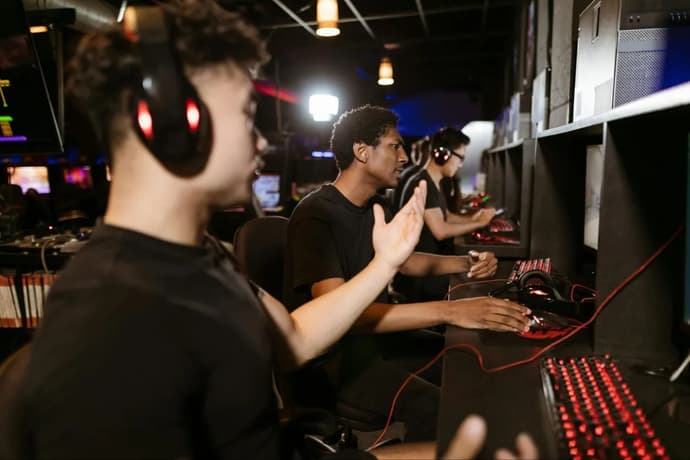
If you go to the gym, you can work out your muscle groups. If you're playing games, you can do the same, but only with different groups. Abilities like critical thinking, perception, snap decision-making, and quick adaptability thrive under strategies and tactical games. And when players devote hours to a certain game, they get not only better, but can reap other benefits like improvements in memory, reaction time, and risk assessment.
Turn-Based Strategy and Puzzle Elements in Tactical Games
Turn-based strategy (TBS) games allow time to plan. No rush. Each move opens possibilities. This makes them uniquely useful for strengthening logic, foresight, and error correction. TBS games often overlap with puzzle-like problem-solving. There’s a right sequence, but it might be hidden.
Research suggests that TBS and puzzle games improve response inhibition — the ability to stop an automatic response and make a smarter one. Chess, XCOM, Fire Emblem, or even indie grid-based tactics titles — they all ask players to hold back, assess, then execute. It's mentally demanding.
You start to slow your mind, track what could happen instead of just what’s happening. That habit, once built, extends into how players approach choices outside gaming. The patience it builds might be one of the most underappreciated benefits.
Card Games: Poker and Decision Under Uncertainty
Strategic card games operate in a slightly different space. Poker especially. There's incomplete information, but still a structure. Each hand becomes a mix of math, intuition, psychology, and experience. Players who frequent online poker sites often improve how they assess risk. They practice folding, betting, and checking, all while reading people.
Poker doesn’t just test luck. Skill wins out in the long run. Over thousands of hands, those who understand odds and patterns and people come out ahead. Studies comparing poker to games of pure chance show that experience matters, especially in No Limit Hold’em formats.
And unlike some strategy video games, poker asks players to manage real psychological pressure. Bluffing. Knowing when others might be bluffing. With each game and over an extended play time, poker players have noticeable differences:
- Pattern recognition, where they can notice betting trends, behavioral tics, shifts in opponents' play style
- Emotional control, as they are not tilting after a bad beat and are staying consistent
- Probabilistic thinking, for they must act on likely outcomes, not certain ones
- Timing, knowing when to wait, when to act, is half the battle.
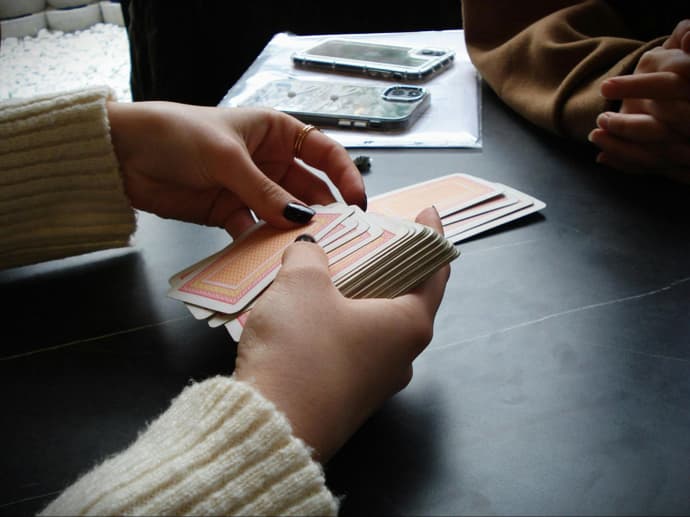
Training Soft Skills through Strategy And Tactical Games
Strategy games build more than raw cognitive muscle. They also shape temperament. You’ll find that tactical failures force adjustment. Maybe the plan you had wasn’t good. That’s part of the learning. Many players, especially those who stick with complex strategy titles, develop resilience over time. They become comfortable with failure.
Communication becomes central in multiplayer tactical experiences like Rainbow Six Siege or squad-based survival titles. Players must coordinate, and the added pressure is the icing on the cake. Certain soft skills like:
- Adaptability under pressure, especially when bullets fly by, and time is running out
- Goal-oriented planning, in situations where they have to prepare themselves and the team
- Tolerance for ambiguity, as the line to victory is not straight
- Calm communication during stress, for each team member is a living person
- Critical reflection post-match, where they can learn from wins and losses
form and shine with long-term players. They’re the most consistent. They plan well, fail smart, and rarely panic.
Motor Skills, Reflexes, And Visual Attention
It might surprise some that even slower-paced strategy titles can boost visual attention. RTS players, for instance, must react to changing battlefield conditions. A minor enemy push, a resource deficit, a sudden upgrade. All these create layered attention requirements.
Gamers who engage with such environments often show improved selective attention — that is, spotting relevant details among distractions. Reaction time also decreases. Especially in hybrid games where action and strategy blend (like Starcraft II, which just had its Esports World Cup 2025), the speed required makes players sharpen both motor response and visual tracking.
How Real-Time Strategy Games Shape Cognitive Skills
For older adults, RTS games offer a mental gym. Switching between different game tasks builds executive functioning, working memory, and even spatial reasoning. After just 20 or 25 hours of training, some cognitive functions increase significantly. It’s not just muscle memory either — it’s layered cognitive work.
RTS games also demand mental endurance. You’re adapting continuously. That process trains mental agility, a trait useful far outside of games. Players often report noticing these changes over time. Thinking becomes more anticipative, less reactive.
Memory, Working Memory, and Pattern Recognition
Tactical and strategy games demand memory in very real ways. Not just remembering mechanics, but holding active information in mind. What units did you build? What your opponent last did. What corner of the map hasn’t been scouted?
Pattern recognition especially comes up in games like Civilization or Total War. You see behavior loops. AI tendencies. Opponent bluffs. The player starts to sense what’s coming based on fragments. That’s real learning. It doesn’t feel like memorizing. But it builds similar mental scaffolding.
Final Thoughts
Strategy and tactical games don’t just reward quick clicks or grinding XP. They sharpen deeper skills like memory, focus, anticipation, and risk control. The more time players invest thoughtfully, the more likely those gains translate beyond the screen.

Kateryna Prykhodko is a creative author and reliable contributor at EGamersWorld, known for her engaging content and attention to detail. She combines storytelling with clear and thoughtful communication, playing a big role in both the platform’s editorial work and behind-the-scenes interactions.
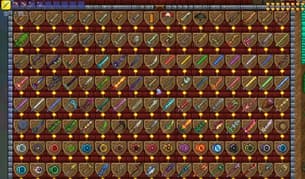 All Terraria Weapons in 1.4.5.0 PatchCheck out every new Terraria 1.4.5.0 weapon in the Bigger & Boulder update, from early-game whips to the powerful True Copper Short Sword.
All Terraria Weapons in 1.4.5.0 PatchCheck out every new Terraria 1.4.5.0 weapon in the Bigger & Boulder update, from early-game whips to the powerful True Copper Short Sword.
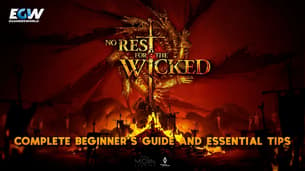 No Rest for the Wicked: Complete Beginner’s Guide And Essential TipsEssential tips for No Rest for the Wicked. Discover how to defeat Warrick the Torn, unlock city upgrades, and complete Captain Randolph's bounties.
No Rest for the Wicked: Complete Beginner’s Guide And Essential TipsEssential tips for No Rest for the Wicked. Discover how to defeat Warrick the Torn, unlock city upgrades, and complete Captain Randolph's bounties.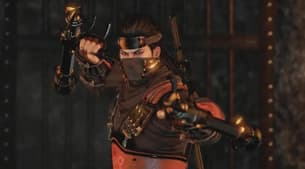 Nioh 3: Best Ninja & Samurai WeaponOur guide to the best Nioh 3 weapons. We break down every Samurai and Ninja weapon, from the powerful Axe to the swift Talons.
Nioh 3: Best Ninja & Samurai WeaponOur guide to the best Nioh 3 weapons. We break down every Samurai and Ninja weapon, from the powerful Axe to the swift Talons.
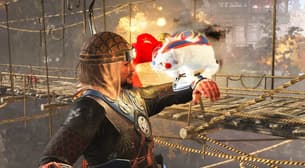 Nioh 3 Best Builds for Ninja & Samurai: Complete GuideDiscover the best Nioh 3 builds for both Ninja and Samurai. This guide covers stats, skills, and strategies for success.
Nioh 3 Best Builds for Ninja & Samurai: Complete GuideDiscover the best Nioh 3 builds for both Ninja and Samurai. This guide covers stats, skills, and strategies for success.



